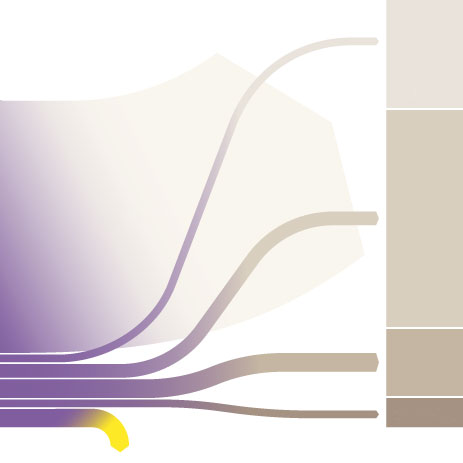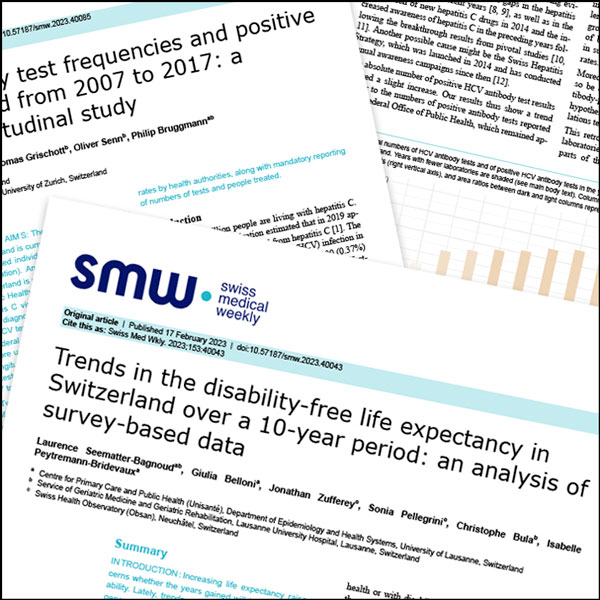INTENSIVE CARE
Inadequate advance directives
An overview study in Basel has shown how a patient’s advance directive can be improved.

Only three percent of people in intensive care have made an advance directive. | Image: iStock
“An advance directive from a patient is an extremely relevant document in everyday clinical care”, says Raoul Sutter, the head of the Intensive Care Unit at the University Hospital of Basel. “Regrettably, patients make far too little use of it”. This is the conclusion of an overview that he conducted that analysed 17 studies on the topic.
The biggest problem is that very few patients draw up an advance directive – also called a ‘living will’. According to a preliminary evaluation of current studies being conducted at Swiss ICUs, the figure is less than three percent.
What’s more, these directives are often incomprehensible or self-contradictory. “Using templates is unfortunately of little use in these cases”, says Sutter, “because there is no standardised format across Switzerland, and they’re often couched in ambiguous language”. It would help, for example, if people drew up their directives with the assistance of an expert, because not everyone understands every medical term or all the possible treatment strategies.




